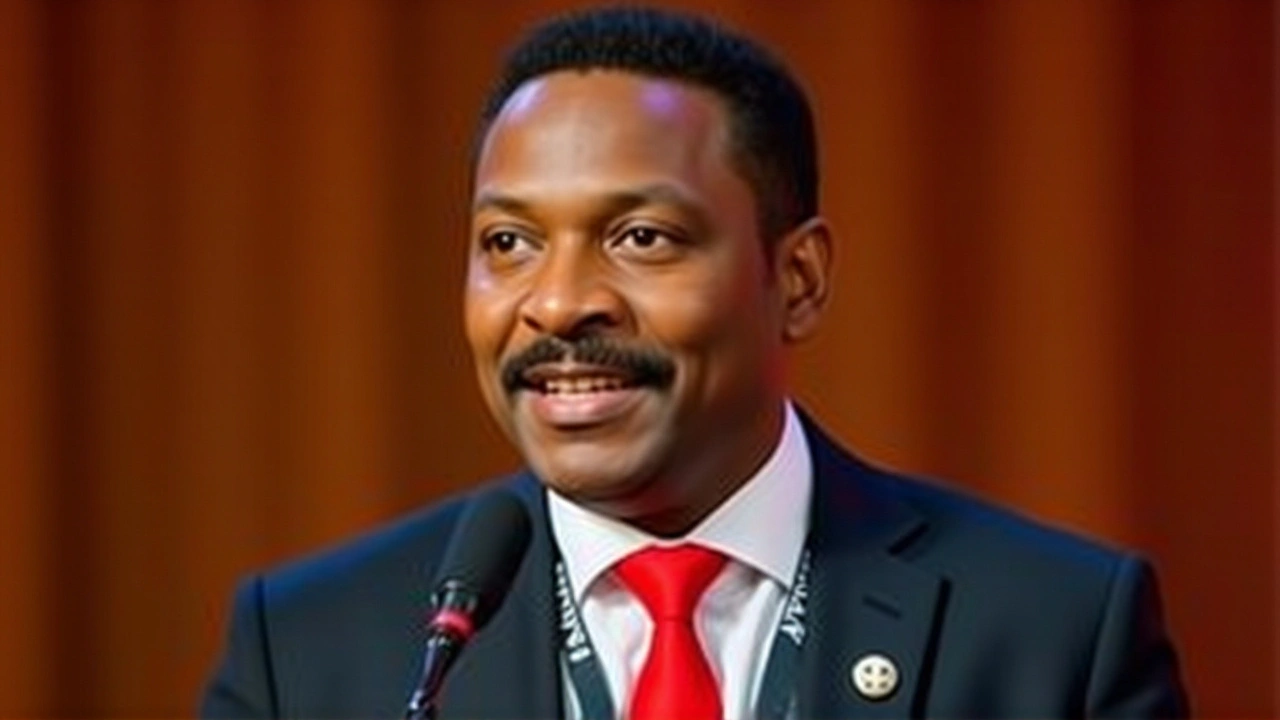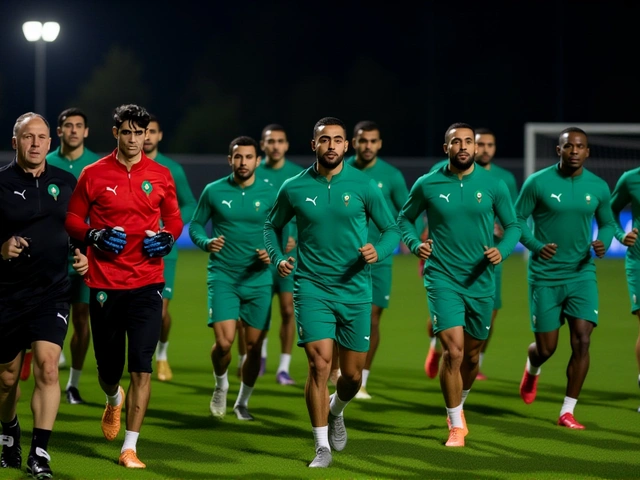Mike Ozekhome – Nigerian Human Rights Lawyer and Legal Analyst
When you hear the name Mike Ozekhome, a veteran Nigerian lawyer known for his fearless defence of civil liberties and constitutional rights. Also known as Chief Mike Ozekhome, he blends courtroom grit with media savvy, making complex legal battles easy to follow for everyday readers.
His work sits at the crossroads of human rights law, the body of legal rules that protect individual freedoms against state overreach and the broader Nigerian legal system, a mix of common law, customary law, and constitutional provisions that shape everyday life in Nigeria. In practice, human rights law influences how the courts interpret the constitution, while the Nigerian legal system provides the procedural stage for those interpretations. When constitutional challenges arise—say, a law that seems to curb free speech—Mike Ozekhome steps in, arguing that the provision must meet the strict standards set by both human rights law and constitutional law. This dynamic creates a clear semantic triple: Mike Ozekhome advocates for human rights law, human rights law shapes the Nigerian legal system, and constitutional challenges require strong legal analysis. The result is a legal landscape where civil liberties and state authority constantly negotiate their boundaries.
Why Mike Ozekhome Matters
Born in the mid‑1960s, Ozekhome studied law at the University of Benin before joining the bar in 1990. Early in his career, he took on cases that exposed police brutality and unlawful detentions, quickly earning a reputation as a defender of the oppressed. Over the years, he has handled high‑profile matters involving election disputes, anti‑corruption probes, and freedom‑of‑information requests. Each case showcases his deep grasp of constitutional law—Nigeria’s supreme legal document that guarantees rights like freedom of expression, assembly, and fair trial.
Beyond courtroom battles, Ozekhome is a prolific commentator. He appears on radio, writes op‑eds, and hosts podcasts where he translates legal jargon into plain language. This media presence amplifies his impact, turning complex rulings into public conversations. For instance, after the Supreme Court’s 2023 decision on the amendment of the Electoral Act, Ozekhome broke down the ruling into three key takeaways for voters, highlighting how the decision reshapes electoral integrity. His ability to connect legal theory with everyday concerns makes him a bridge between the judiciary and the citizenry.
Ozekhome’s influence also extends to policy. He has testified before parliamentary committees on reforms to the criminal justice system, urging lawmakers to adopt measures that align with international human rights standards. His recommendations often cite comparative examples from South Africa and Ghana, showing how regional legal trends inform Nigerian reforms. This cross‑border perspective reinforces the earlier semantic link: human rights law informs policy changes, and policy changes reinforce constitutional protections. In short, his voice helps shape not only case law but also the legislative environment that underpins it.
Another notable dimension is his mentorship of young lawyers. Through the Nigerian Bar Association’s “Future Advocates” program, he conducts workshops on constitutional litigation, evidence handling, and media engagement. Participants regularly praise his hands‑on approach, noting that his real‑world examples bring abstract principles to life. By nurturing the next generation, Ozekhome ensures that the fight for civil liberties will continue long after his own courtroom appearances taper off.
All this activity generates a wealth of content that touches on several related entities. The discussions often involve civil liberties, the basic rights and freedoms guaranteed to individuals, such as speech, religion, and privacy, and the role of constitutional law, the set of principles that outline the structure and limits of government power. By linking civil liberties with constitutional law, Ozekhome demonstrates how each legal victory expands the practical reach of the constitution, reinforcing the earlier triple that “constitutional challenges require strong legal analysis”.
Reading through the articles below, you’ll see this network in action: analyses of recent Supreme Court rulings, breakdowns of legislative reforms, and on‑the‑ground reports from protests where Ozekhome has offered legal counsel. The collection gives you a front‑row seat to how one lawyer can shape national dialogue, influence policy, and empower ordinary citizens. Whether you’re a law student, a human‑rights activist, or just curious about Nigerian current affairs, the pieces here illustrate the real‑world impact of strong legal advocacy.
Ready to dive deeper? Below you’ll find a curated set of stories that capture Mike Ozekhome’s latest interventions, his commentary on pivotal legal battles, and the broader implications for human rights and constitutional law in Nigeria.

Ozekhome Calls for Depoliticised Anti‑Corruption Agencies as He Faces ICPC Probe
Professor Mike Ozekhome urges depoliticised anti‑corruption bodies ahead of the 2027 elections, even as he faces an ICPC probe over forged IDs and a London property scheme.
Categories
- Sports (146)
- Politics (22)
- Entertainment (20)
- World (15)
- News (10)
- Lifestyle (8)
- Business (6)
- Technology (3)
- Health (3)
- Environment (2)



